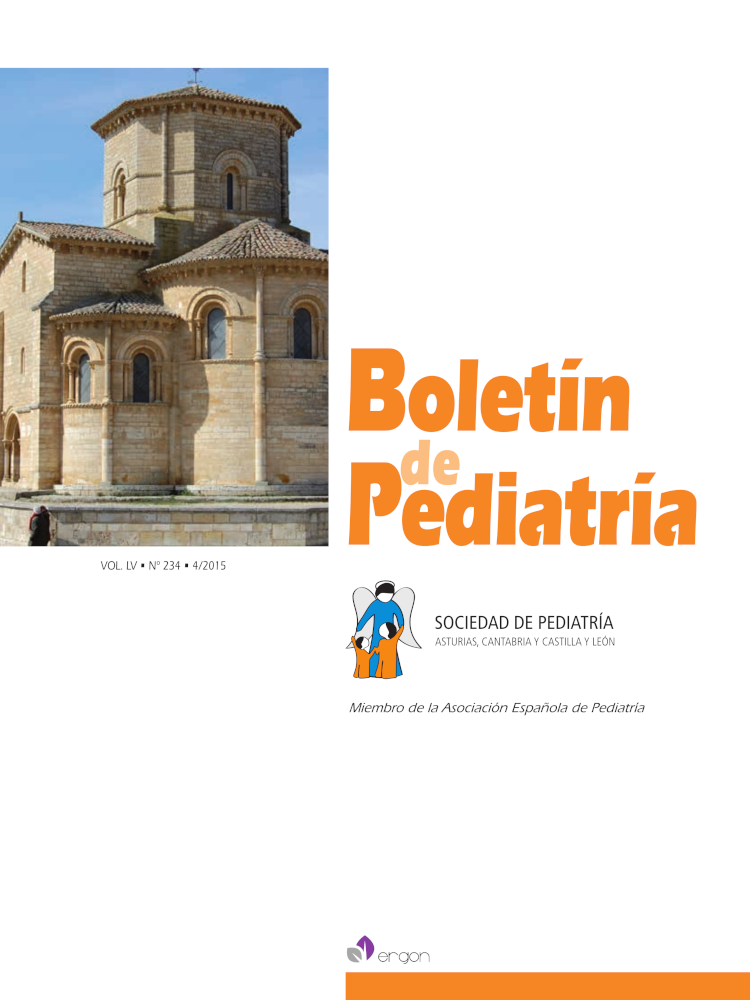Abstract
Introduction. The aim of our study was to analyse the effects of a competency-based teaching innovation program in undergraduate pediatric students and to evaluate its results performing an objective structured clinical examination (OSCE) which evaluated knowledge, history taking, communication, physical examination, technical skills and management of clinical situations. Methods. 145 students enrolled in the Pediatrics Clinical Practice Course participated. New methods of acquiring clinical competences were designed, using a virtual learning platform, a structured clinical rotations and medical simulation training. OSCE was performed to evaluate all the process. Results. All students achieved the level of competence for the structured clinical rotations. The use of virtual platform was adequate to achieve the planned educational objectives. All students accomplished the techniques scheduled for the medical simulation training. Cronbach’s alpha of the OSCE was 0.75. In competence based assessment significant statistical changes were considered in negative results of history taking (confidence interval 95% -1.751 -2.123) and in the management of clinical situations (confidence interval 95% -0.930 -1.174) with respect to the other competences. Conclusions. The introduction using distance coaching methods is effective in undergraduate studies. Simulation techniques and the structured clinical rotation are applicable and suitable for competence training. New actions to improve the history taking competence and management of clinical situations in undergraduate medical students are needed.

This work is licensed under a Creative Commons Attribution-NonCommercial 4.0 International License.
Copyright (c) 2015 Boletín de Pediatría
